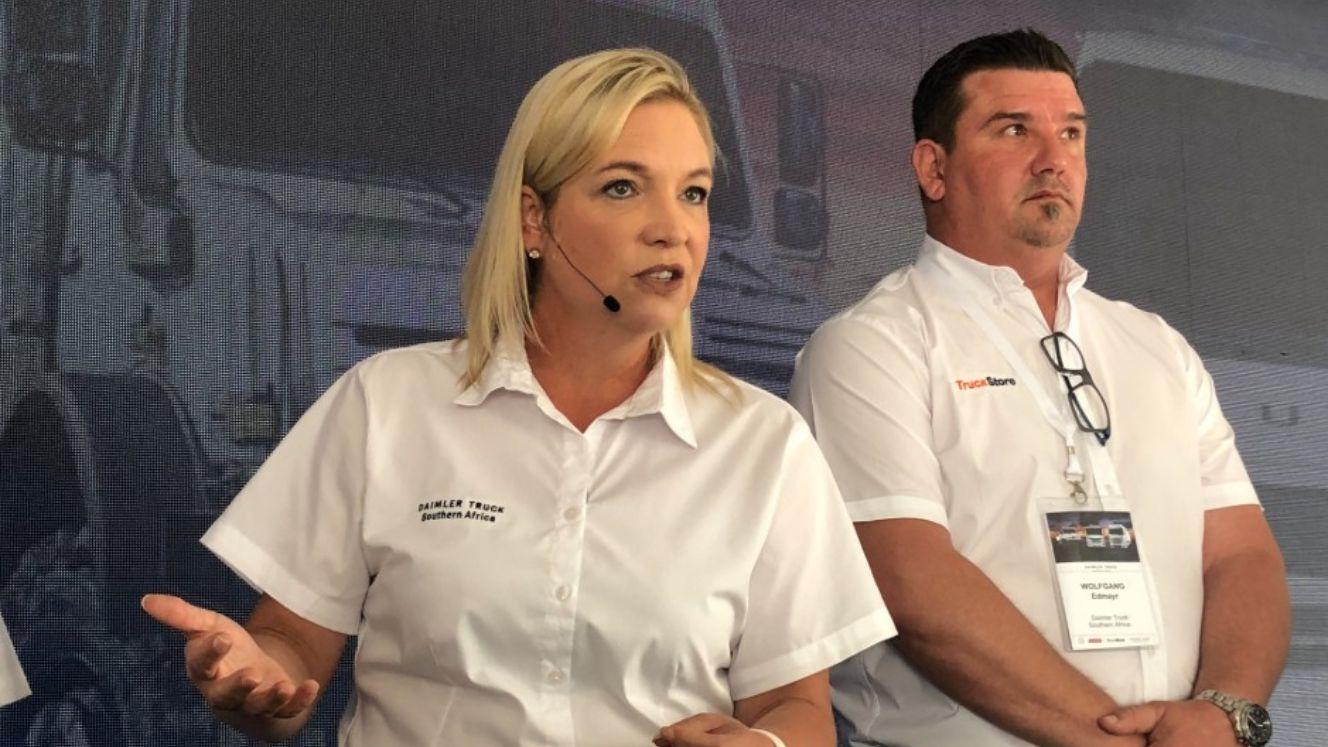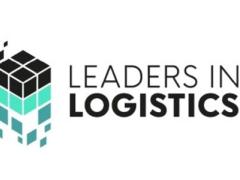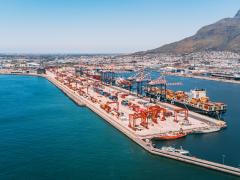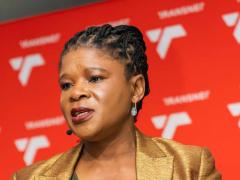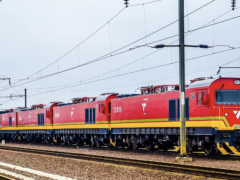ALAN PEAT SHIPPING LINES and container terminals are beginning to take action to cover the extra costs incurred by the latest US-promoted security measure, the International Ship and Port Facility Security (ISPS) code. And shippers are likely to bear the brunt. There’s a lot of costs to get ISPS approval, according to Flemming Dalgaard, MD of Maersk SA, and, on an on-going basis, lots of extra documentation in terminal offices at ports as well as ships. And he indicated that on all the world trades, especially the trans-Atlantic, shipping lines have been applying new surcharges to cover these costs. In SA lines that haven’t already taken steps to impose the surcharge are likely to be planning it. The first firm indicator of this to arrive at FTW was from shipping line CMA-CGM, which announced that ISPS compliance had resulted in a separate carrier security fee (CSF) and terminal security fee (TSF). The first was introduced by CMA-CGM last week - a CSF of US$6 per container - and it is valid for each container loaded with the line world-wide. In addition, according to FTW sources, the terminals around the globe are busy assessing a terminal security charge. This charge is likely to vary from one terminal to another - and at this stage there are few of them around the world which have firmly indicated quantum. “It will cover terminal dedicated costs and it will be passed on to cargo interests by the carrier, or charged directly by terminals to customers, depending on the policy they define.” This TSF, he added, will come into effect as soon as the terminals announce their security surcharges. So that’s yet to come. But already clearly announced is what the Association of Ships Agents and Brokers of SA (Asabosa) term an “ISPS facilitation fee” - a surcharge published in next year’s Asabosa tariff book. According to association secretary Mike Lloyd, this has been fixed at R500 for a compliant vessel, and R500 plus an additional R1 000 for a non-compliant. This, he told FTW, effective from January 1. Meantime, on the terminal side, all is yet quiet on the SA front. “We’ve been discussing terminal charges with the SA port authorities,” said Dalgaard, “but nothing has been confirmed as yet.” Shippers this year have faced plenty of added costs from general rates increases, to increased bunker adjustment factors as ships’ fuel oil prices have escalated. In addition there’s the on-going and contentious port congestion surcharge in Durban.
